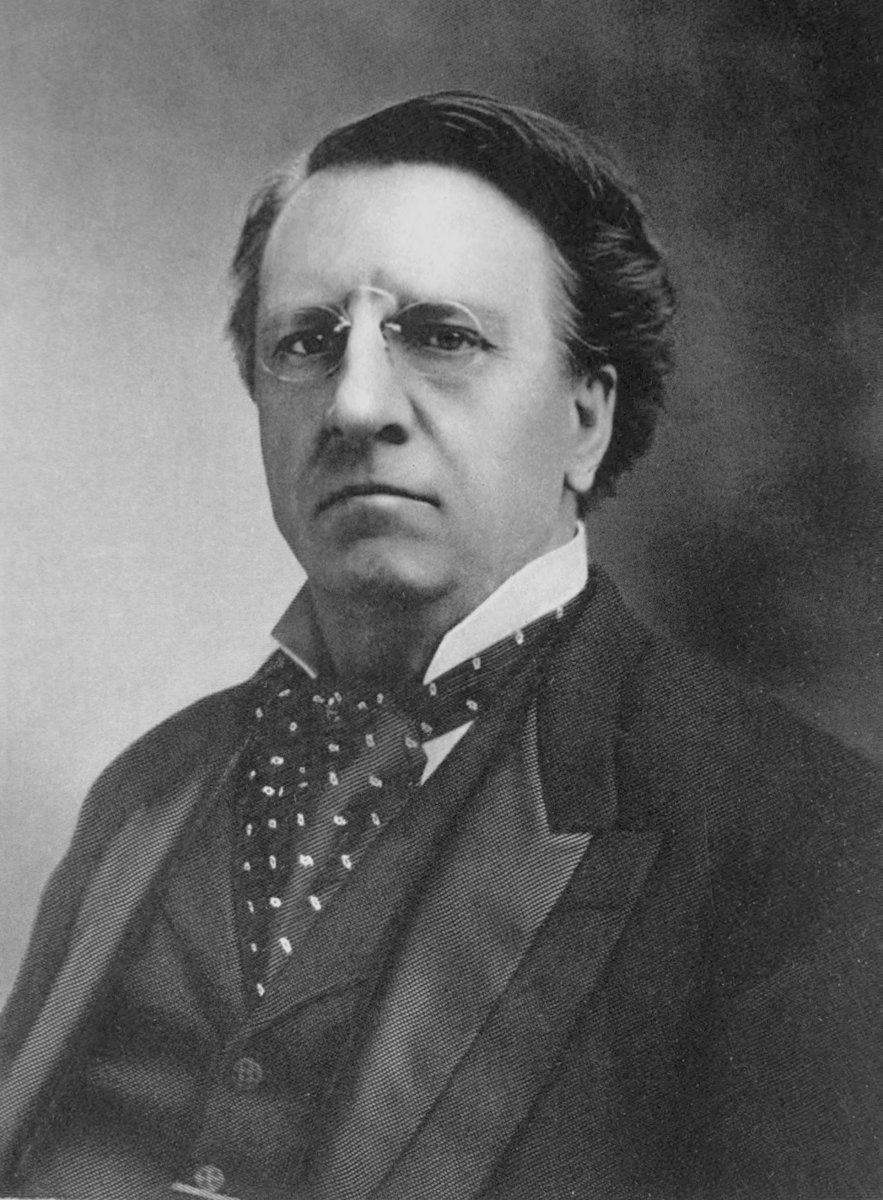The First Spooner Act of 1902 (also referred to as the Panama Canal Act, 32 Stat. 481) was written by a United States senator from Wisconsin, John Coit Spooner, enacted on June 28, 1902, and signed by President Roosevelt the following day. It authorized purchasing the assets of a French syndicate called the Compagnie Nouvelle du Canal de Panama, provided that a treaty could be negotiated with the Republic of Colombia.
The syndicate, headed by Philippe-Jean Bunau-Varilla, sold at a price reduced from $110 million to only $40 million. US lawyer William Nelson Cromwell subsequently received a commission of $800,000 for his lobbying.The Spooner Act was followed by the HayBunau-Varilla Treaty of November 18, 1903.
The United States Congress is the legislature of the federal government of the United States. It is bicameral, being composed of a lower body, the House of Representatives, and an upper body, the Senate. The Congress meets in the United States Capitol in Washington, D.C. Both senators and representatives are chosen through direct election, though vacancies in the Senate may be filled by a governor's appointment. Congress has 535 voting members: 100 senators and 435 representatives. The vice president of the United States has a vote in the Senate only when senators are evenly divided. The House of Representatives has six non-voting members.The sitting of a Congress is for a two-year term, at present, beginning every other January. Elections are held every even-numbered year on Election Day. The members of the House of Representatives are elected for the two-year term of a Congress. The Reapportionment Act of 1929 establishes that they be elected in single-member constituencies or districts by first-past-the-post and that Congressional districts be apportioned to states by population every ten years using the United States Census results, provided that each state has at least one Congressional representative. Each senator is elected at-large in their state for a six-year term, with terms staggered, so every two years approximately one-third of the Senate is up for election. Each state, regardless of population or size, has two senators, so currently, there are 100 senators for the 50 states.
Article One of the United States Constitution requires that members of Congress must be at least 25 years old (House) or at least 30 years old (Senate), have been a citizen of the United States for seven (House) or nine (Senate) years, and be an inhabitant of the state which they represent. Members in both chambers may stand for re-election an unlimited number of times.
The Congress was created by the Constitution of the United States and first met in 1789, replacing in its legislative function the Congress of the Confederation. Although not legally mandated, in practice since the 19th century, Congress members are typically affiliated with one of the two major parties, the Democratic Party or the Republican Party, and only rarely with a third party or independents affiliated with no party. In the case of the latter, the lack of affiliation with a political party does not mean that such members are unable to caucus with members of the political parties. Members can also switch parties at any time, although this is quite uncommon.

1902Jun, 28
The U.S. Congress passes the Spooner Act, authorizing President Theodore Roosevelt to acquire rights from Colombia for the Panama Canal.
Choose Another Date
Events on 1902
- 28Jan
Andrew Carnegie
The Carnegie Institution of Washington is founded in Washington, D.C. with a $10 million gift from Andrew Carnegie. - 27Feb
Breaker Morant
Second Boer War: Australian soldiers Harry "Breaker" Morant and Peter Handcock are executed in Pretoria after being convicted of war crimes. - 17May
Antikythera mechanism
Greek archaeologist Valerios Stais discovers the Antikythera mechanism, an ancient mechanical analog computer. - 14Jul
Piazza San Marco
The Campanile in St Mark's Square, Venice collapses, also demolishing the loggetta. - 9Aug
United Kingdom of Great Britain and Ireland
Edward VII and Alexandra of Denmark are crowned King and Queen of the United Kingdom of Great Britain and Ireland.

 English
English  español
español  français
français  português
português  русский
русский  العربية
العربية  简体中文
简体中文 